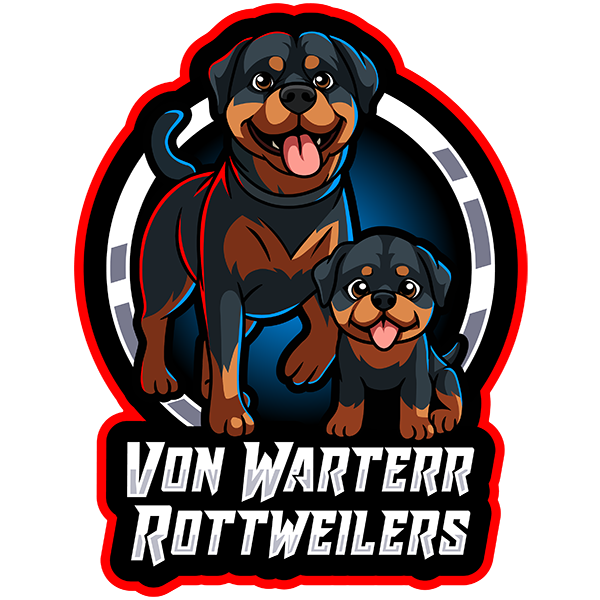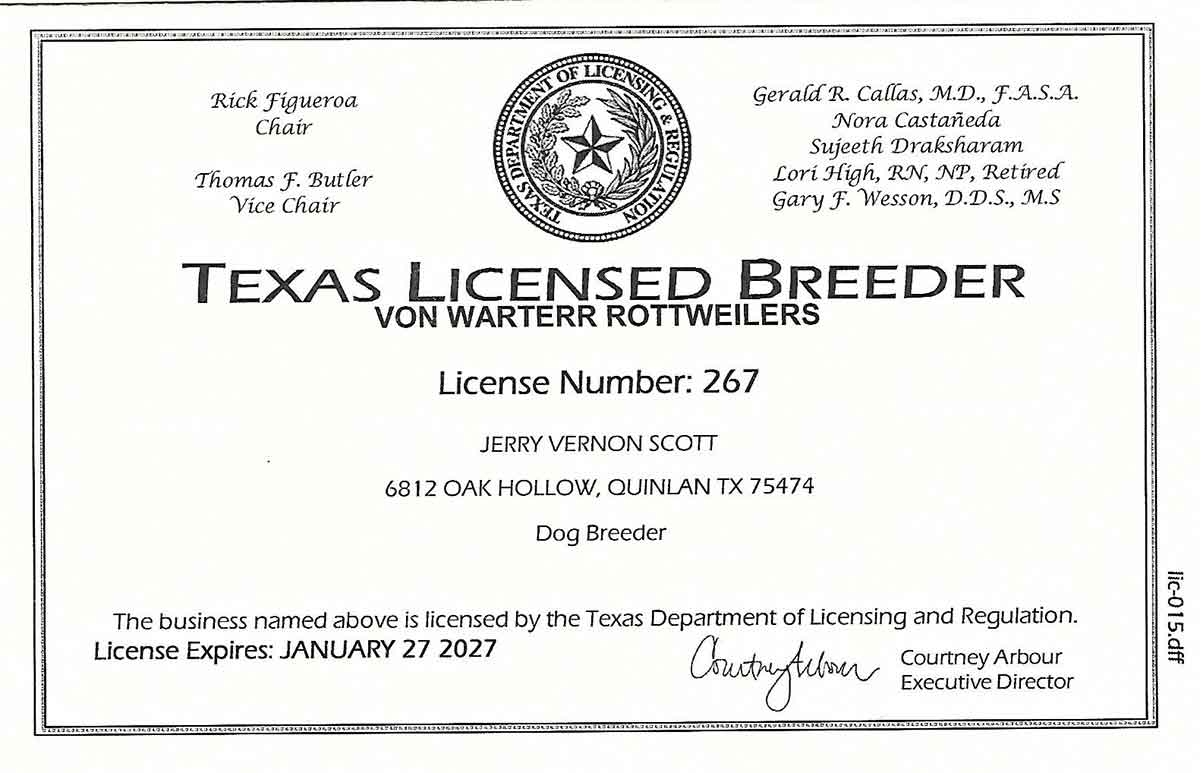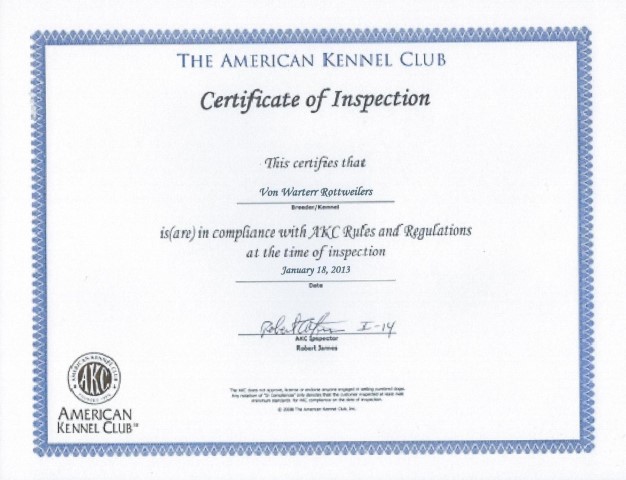Article 7 - Picking Up Your Puppy: Making a Good Transition
Posted on April 9th, 2015
The day has finally arrived. It is time for your new puppy to join you at home. You may be picking him up from the breeder’s house, or perhaps the pup is being shipped to you via air cargo and you will pick him up at the airport. Either way, you want it to be a smooth transition. If you are picking him up from the airport, make sure to have your driver’s license or other proper identification so the airline authorities will be able to release him to you. He will be arriving in a crate, but you may want to bring an additional crate in case he has soiled himself in flight. At minimum, you should bring some towels for cleanup. He will also need to be rehydrated, so have some water to offer him. Some airports have you pick up pets at the cargo dock, some at the ticket counter, and others at baggage claim. It is advisable to call ahead so you can go straight to the right place.
When you open the crate, try to patiently coax him to come out to you instead of just reaching in and pulling him out. It is natural for a young pup to be a little timid at first after travel, so reassure him by getting down and talking to him and maybe offering him a treat to come out to you. You will be excited to see him and hold him, but resist the urge to assert yourself and let him come to you. Remember he has had a long trip and will need to relieve his bladder soon.
It is preferable to drive and pick up your puppy if possible. This will be a fun and worthwhile trip. If it is a long distance trip, it will afford you time to bond by travelling together and perhaps even staying a night at a hotel. If your trip is going to require a hotel stay, then make sure you know which hotels accept pets. Be sure to pack food and water dishes for the trip as well as a collar and leash. If you choose to fly to the breeder to get your puppy, he or she will need to make the necessary preparations for your pup’s air travel. The puppy will need to be at least 8 weeks of age in order to be accepted for flight. He will need a crate that meets airline regulations. The crate must be equipped with food and water dishes. It must also contain an absorbable material on the floor of the crate. He will also be required to have a health certificate issued by a licensed veterinarian within 10 days of travelling. Depending upon the weight of the puppy and the particular airline you are travelling, you may be allowed to carry your puppy on board in a puppy purse type container. This option for air travel would be ideal. There are a few tips I would like to share to aid the transition for your puppy from the breeder’s home to yours. Find out the brand of food the breeder has been feeding, and purchase some of it ahead of time so as not to have any changes in your puppy’s diet. There will be enough stress in adjusting to a new environment; switching his food could cause an upset stomach. If you want to change foods, wait a couple of weeks and then do so gradually. You should also inquire of the breeder how much he has been feeding and at what times of the day. Try to maintain this schedule as much as possible for the first week.
When you go to pick up your puppy, bring a puppy blanket and stuffed toy that you can have the breeder rub on some of his littermates so as to catch their scent. These items will help calm your puppy at night when it is time to go to sleep. Simply place those things in his crate with him. You can also have the breeder rub his or her familiar scent on these items for additional comfort to the puppy.
Make sure to get a current record of the puppy’s completed vaccines and wormings, as well as those scheduled for the future, so that you can maintain his veterinary care. Get the name and contact information of the veterinarian that has treated the litter in case you need to make any inquiries. Have your vet examine your new puppy within 48 to 72 hours of his homecoming. Give the vet his puppy records to input into their computer and begin his medical file. Have a fecal exam to make sure he is free of worms. If any health concerns are detected, have your vet document it on office stationery and contact the breeder immediately to inform them of the problems.
One of the best things you can do to make the transition a positive experience for your puppy is to take a full week off work so that you can devote time to help him get adjusted. If you can’t do that, try to take off a Friday and pick him up early so you have a three-day weekend with him.
One final key thing to remember is not to allow your puppy to do things the first few days that you don’t want him to continue to do just because you feel sorry for him being away from his littermates. For example, do not let him sleep in your bed for the first week if you do not want this practice to continue. Such actions are confusing and unfair to the puppy. Most importantly, just shower him with a lot of love and you will insure a good transition from breeder to new home.


